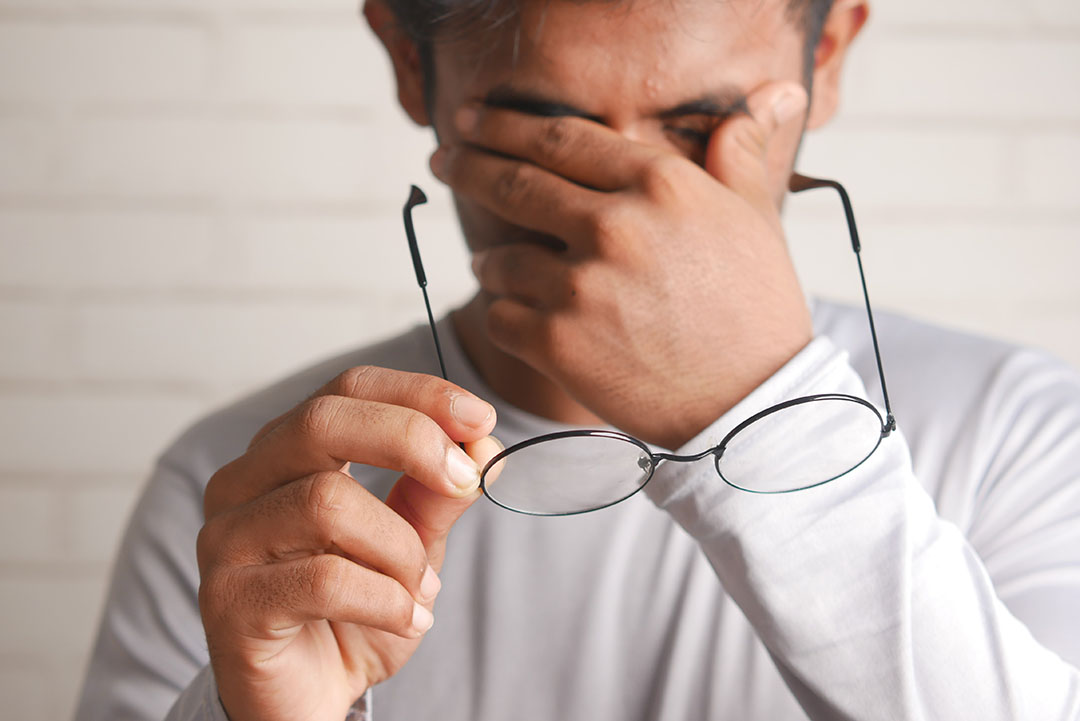All Categories
Featured
Table of Contents

Routine eye exams are vital for keeping excellent vision and spotting prospective eye wellness concerns early. Nonetheless, the frequency of these tests can vary significantly based upon a person's age, way of living, and general health. Understanding the recommended timetable for eye exams can assist ensure that individuals of every ages get appropriate care and tracking for their eye health.
Newborns and Toddlers (0-2 Years)
For babies and toddlers, eye examinations are vital for detecting any kind of potential vision issues early on. The American Academy of Ophthalmology suggests that a youngster's very first eye test need to happen at around six months old. Throughout this initial go to, the eye care professional will evaluate the kid's aesthetic growth and check for any type of noticeable eye issues.Following this first examination, it is recommended that children have an additional eye examination at age 3. This go to will focus on assessing the kid's total aesthetic function, including eye placement and the capability to track things. If no problems are found, the following test must be set up before the kid starts school, generally around age 5 or 6.
School-Aged Children (6-18 Years)
When kids get to college age, routine eye exams ought to be arranged every one to two years. Vision is vital for finding out and development, and several institutions conduct vision screenings. These testings do not change a comprehensive eye exam by an eye care specialist.For children involved in activities or sporting activities needing substantial aesthetic focus, annual eye tests might be recommended. Additionally, if a kid displays indications of vision troubles-- such as problem reading, scrunching up your eyes, or regular headaches-- a check out to the eye medical professional ought to be set up immediately.
Young Adults (19-39 Years)
Young person typically have less vision adjustments than older age, yet normal eye tests remain essential. The basic suggestion is to set up an eye test every two years during this duration. However, people with specific risk aspects-- such as a household history of eye illness, diabetic issues, or those who put on get in touch with lenses-- should think about yearly eye tests.In addition, those that spend significant time on electronic gadgets might experience digital eye pressure. If symptoms such as dry skin, exhaustion, or blurred vision take place, it may be a good idea to see an eye care specialist sooner.
Adults (40-64 Years)
Adults aged 40 to 64 ought to arrange eye examinations every one to two years. Eye tests can likewise help identify other typical age-related conditions such as glaucoma, cataracts, and macular degeneration.If individuals in this age have risk factors such as hypertension or diabetes, they might call for more frequent examinations to check their eye health and wellness closely.
Elders (65 Years and Older)
For senior citizens, routine eye tests end up being even a lot more essential. The American Optometric Organization advises that people matured 65 and older have an eye examination at least when a year.Verdict.
Understanding the appropriate routine for eye exams based on age is important for keeping optimum eye wellness throughout life. By adhering to these standards and consulting with an eye care specialist, individuals can take aggressive actions towards preserving their vision and overall health.Table of Contents
Latest Posts
Selecting the Right Venue: What to Think about for Wedding Celebrations, Meetings, and Events
Published Mar 28, 25
1 min read
Host Your Perfect Occasion: Place Rental Alternatives for every single Celebration
Published Mar 26, 25
1 min read
The Boogaloo Sports Bar & Grill at FunCity Resort Hotel: Where Fun Satisfies Taste
Published Feb 11, 25
2 min read
More
Latest Posts
Selecting the Right Venue: What to Think about for Wedding Celebrations, Meetings, and Events
Published Mar 28, 25
1 min read
Host Your Perfect Occasion: Place Rental Alternatives for every single Celebration
Published Mar 26, 25
1 min read
The Boogaloo Sports Bar & Grill at FunCity Resort Hotel: Where Fun Satisfies Taste
Published Feb 11, 25
2 min read